In today's fast-paced world of technological advancements, it's common practice to upgrade devices like smartphones, processors, and graphics cards every few years. However, what happens to the old hardware? Often, it's resold or discarded. Yet, many of these outdated devices continue to function effectively and even play vital roles in various sectors. Here are eight fascinating examples of how vintage technology still thrives in unexpected ways.
Table of Contents
- Retro Computers Mining Bitcoin
- A Reliable Mechanic’s Assistant Since the '80s
- Vintage Tech as a Bakery POS System
- Outdated Systems Managing Nuclear Arsenals
- Windows XP Powers Multi-Billion Dollar Aircraft Carrier
- Critical Airport Infrastructure Fails Due to Legacy Software
- Classic Hardware Used for Cutting-Edge Research
- Nostalgia Keeps Old Systems Alive
Retro Computers Mining Bitcoin
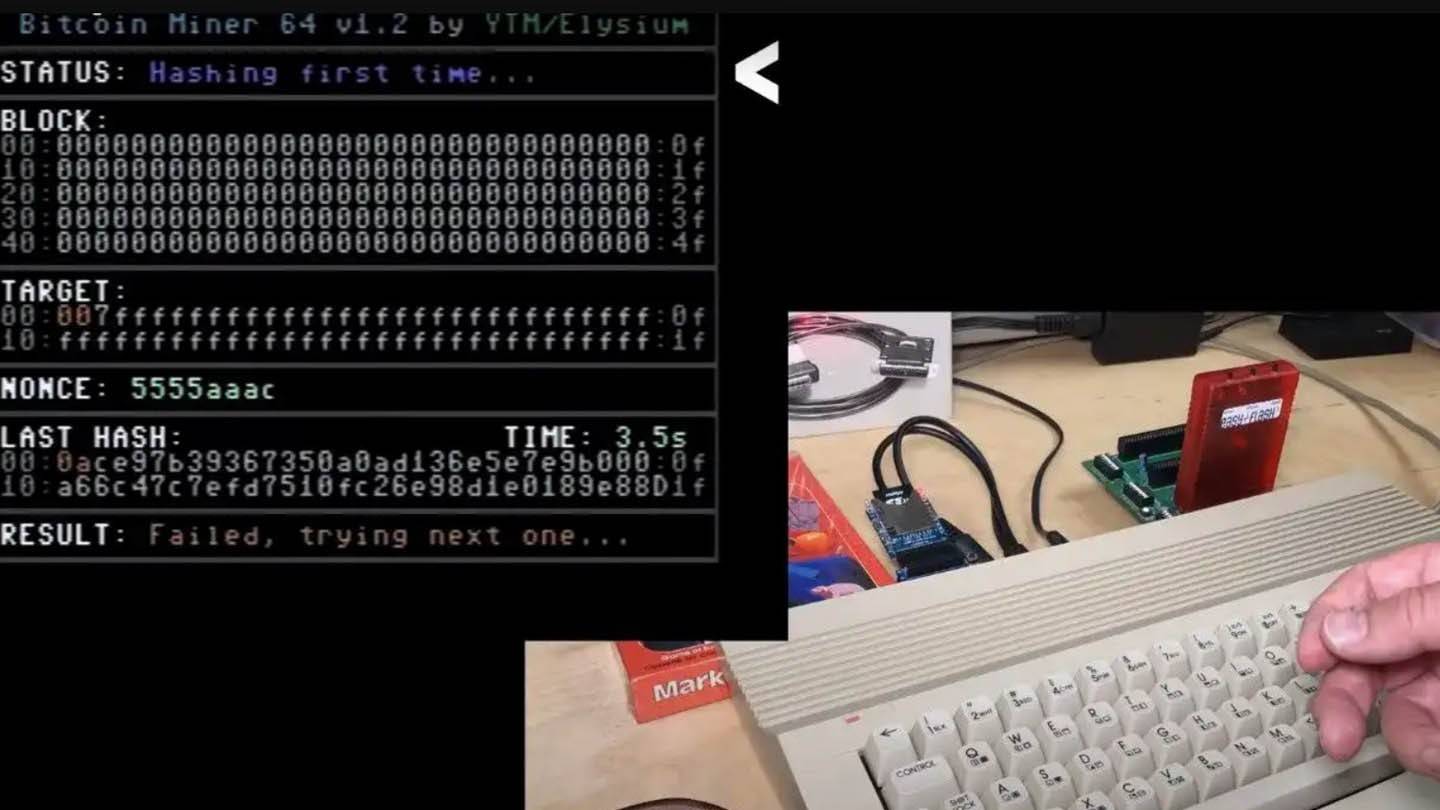 Image: x.com
Image: x.com
An enthusiast showcased the potential of the 1982 Commodore 64 in mining Bitcoin, albeit with limited efficiency. With its 8-bit, 1 MHz processor, it manages only 0.3 hashes per second. In comparison, a modern RTX 3080 GPU processes 100 million hashes per second. At this rate, mining one Bitcoin with the C64 would take an astonishing billion years.
Similarly, a YouTuber named stacksmashing attempted to mine Bitcoin using a 1989 Nintendo Game Boy. By connecting it to the internet via a Raspberry Pi Pico microcontroller, he achieved a mining rate of 0.8 hashes per second, which is 125 trillion times slower than modern ASIC miners. Mining one Bitcoin with the Game Boy would take longer than the universe has existed.
A Reliable Mechanic’s Assistant Since the '80s
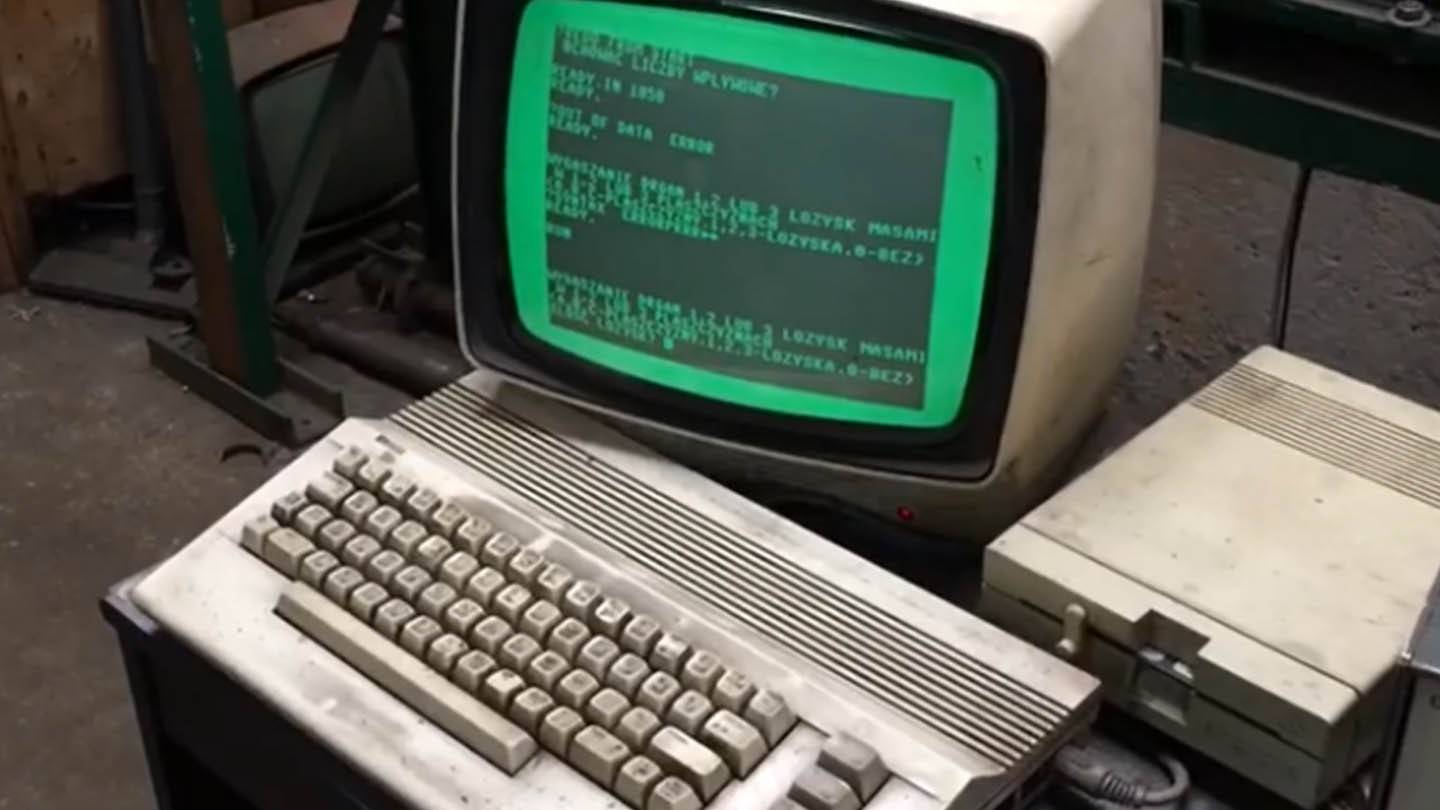 Image: x.com
Image: x.com
In Gdansk, Poland, a Commodore 64C has been faithfully assisting mechanics for over three decades. Despite surviving a flood, this computer continues to perform drive shaft calculations with precision. With its 1 MHz CPU and 64 KB of memory, the C64C runs custom software developed by the business owner, proving that older technologies can sometimes outperform their modern counterparts.
Vintage Tech as a Bakery POS System
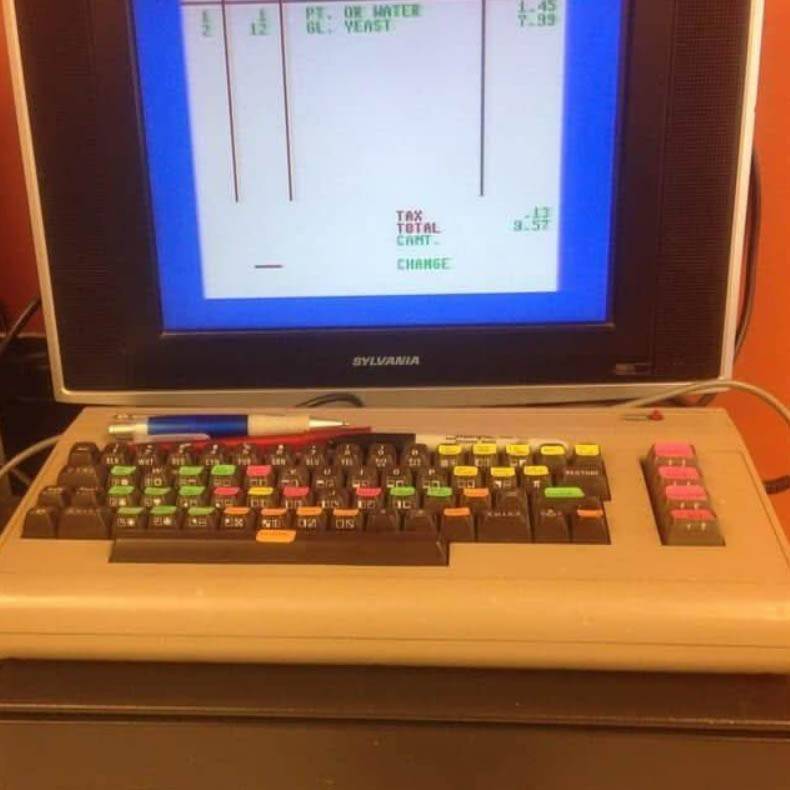 Image: x.com
Image: x.com
An Indiana bakery has been using a Commodore 64 as its point-of-sale (POS) system since the 1980s. Affectionately called the "breadbox," this computer serves as an online cash register. Unlike modern POS systems that often require frequent software updates, the C64 remains reliable, requiring only updates to the keyboard labels for baked goods.
Outdated Systems Managing Nuclear Arsenals
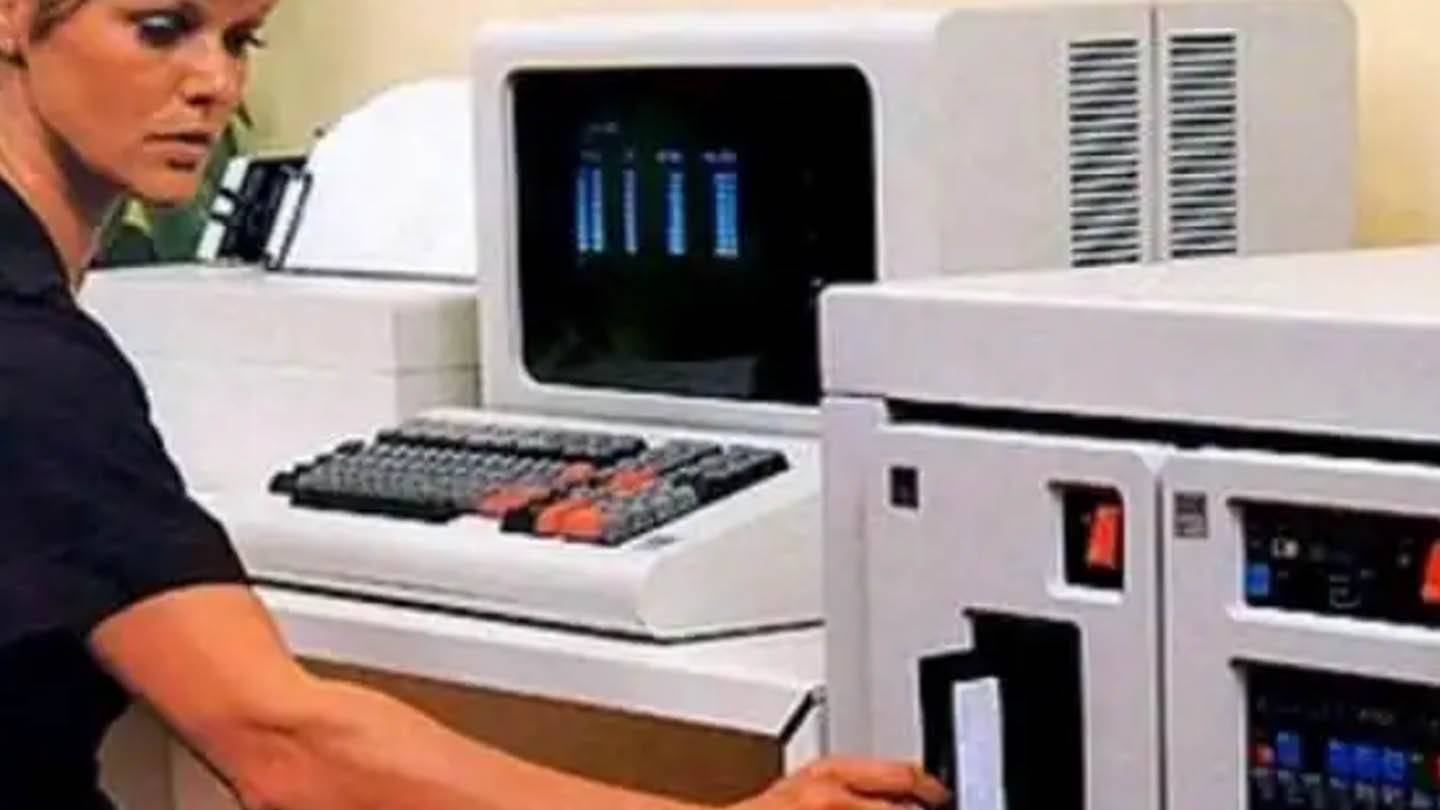 Image: x.com
Image: x.com
The United States manages its nuclear arsenal using an IBM computer from 1976, which relies on 8-inch floppy disks with a capacity of about 80 KB. Despite plans for modernization, the system's proven reliability keeps it in service. Similarly, Germany's Brandenburg-class frigates, built in the 1990s, use 8-inch floppy disks for data storage. Efforts to update include installing floppy disk emulators, but nostalgia often preserves the original systems.
Windows XP Powers Multi-Billion Dollar Aircraft Carrier
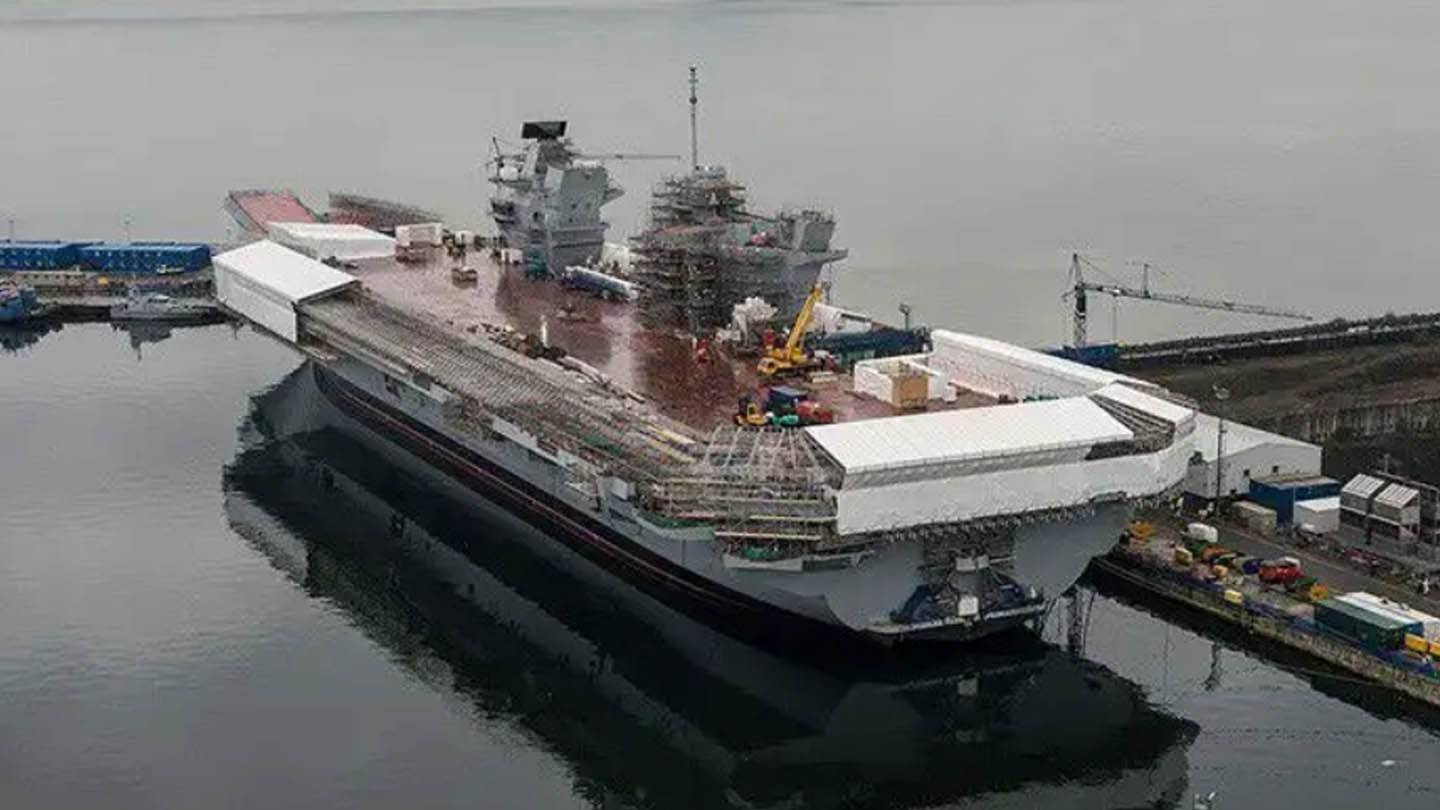 Image: x.com
Image: x.com
The HMS Queen Elizabeth, a British aircraft carrier costing billions, operates on Windows XP, an operating system no longer supported since 2014. The Royal Navy claims to have implemented necessary security measures, yet reliance on such outdated software raises concerns. Similarly, Britain's Vanguard-class submarines, including Victorious, Vigilant, and Vengeance, use Windows XP for missile management, with updates not scheduled until 2028.
Critical Airport Infrastructure Fails Due to Legacy Software
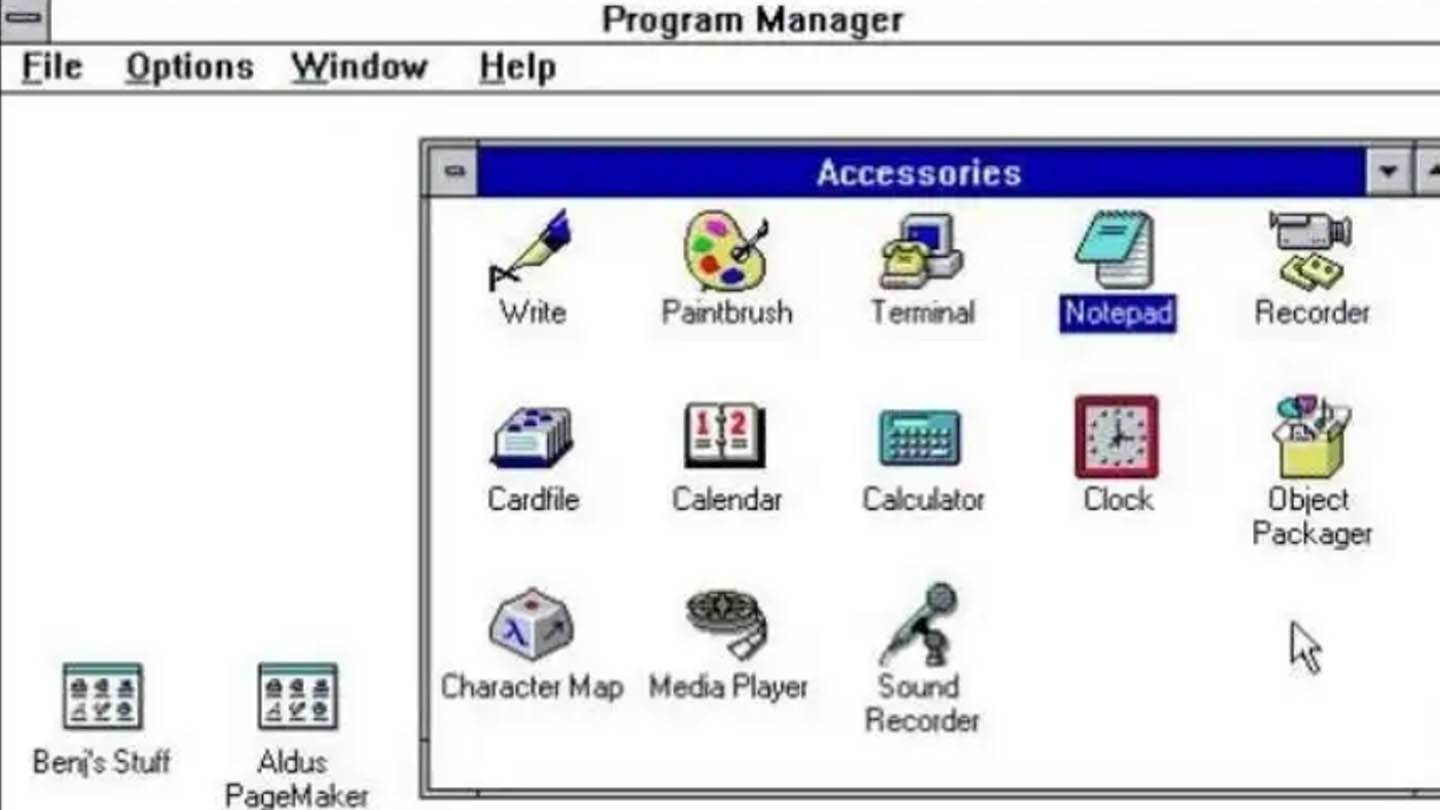 Image: x.com
Image: x.com
In 2015, Paris Orly Airport faced a crisis when a computer running Windows 3.1 from 1992 crashed. The DECOR software, essential for providing pilots with weather data, failed, leading to flight suspensions for safety reasons. Some humorously suggested the computer simply wanted to upgrade to Windows 95.
Classic Hardware Used for Cutting-Edge Research
Though not specifically mentioned in the original article, classic hardware often finds new life in scientific research. For instance, the Commodore 64 is used in educational settings to teach programming basics or simulate simple physics experiments. Their simplicity makes them ideal for understanding fundamental computing principles.
Nostalgia Keeps Old Systems Alive
Beyond practical applications, many organizations continue to use legacy systems out of habit or nostalgia. These decisions reflect the enduring value of familiar tools, whether it's maintaining compatibility with existing workflows or avoiding the costs associated with upgrades.
These examples highlight how outdated technology continues to serve crucial roles across various industries. From gaming consoles mining cryptocurrency to ancient computers guiding global defense systems, legacy tech demonstrates remarkable resilience. While eventual upgrades may replace them, these devices underscore the enduring value of simplicity and reliability.








